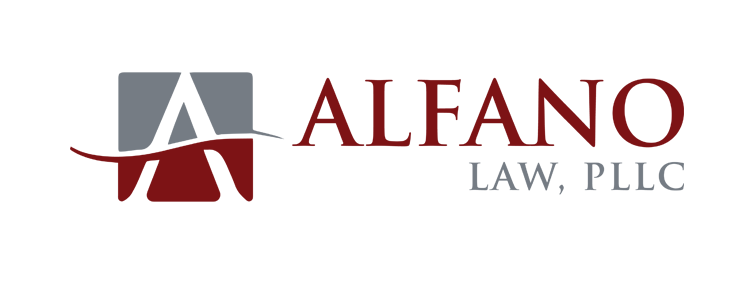Planning Board Denial of an “Incomplete” Subdivision Application Reversed
The Hollis Planning Board did a bit too much thinking recently when it denied a subdivision application on the grounds the application was incomplete. On appeal, the Housing Appeals Board concluded the application in question was indeed complete and the New Hampshire Supreme Court agreed. Appeal of Town of Hollis (May 24, 2024).
Background and planning board denial
In May 2020, Raisanen Homes Elite, LLC and Toddy Brook Investments, LLC initiated a conceptual discussion with the Town of Hollis for a project involving the construction of forty units of housing for older persons. By June 2020, the project had progressed to the design review phase. Over a year later, in September 2021, the town's planning board voted to conclude the design review phase.
In August 2022, the applicants submitted their final subdivision application to the planning board. This application included a completed application form, a checklist provided by the town, and other associated materials. During the planning board's meeting in September 2022, before any public or applicant comments were entertained, a motion was made to accept the application as complete. The motion failed unanimously.
The planning board issued a letter denying the application, citing three primary reasons: non-compliance with the general standards of the town’s zoning ordinance for housing older persons, failure to provide a detailed water supply report, and failure to meet subdivision regulations concerning road and driveway design.
Housing Appeals Board reversal
The applicants appealed this decision to the Housing Appeals Board (HAB). The HAB found the planning board had unlawfully denied the application as incomplete. It determined the applicants had indeed completed the subdivision application and checklist provided by the town, leading the HAB to reverse the planning board’s decision.
Supreme Court appeal and decision
On appeal, the New Hampshire Supreme Court needed to determine a) whether the planning board's decision to deny the application as incomplete was lawful, and b) whether the HAB's reversal of that decision was unjust or unreasonable.
The town argued the design review phase necessitated a substantive review to ensure zoning compliance before an application could be accepted as complete. Conversely, the applicants maintained they had adhered to all procedural requirements by completing the necessary application and checklist.
The Supreme Court agreed with the applicants and affirmed the HAB’s decision. According to New Hampshire law, a completed application must include sufficient information for the planning board to make an informed decision. The Court clarified that determining application completeness is an administrative task, intended only to ensure adequate information is provided, not to assess substantive zoning compliance at that stage. The record supported the HAB’s finding that the applicants had met these requirements. Thus, the HAB’s decision to reverse the planning board’s denial was neither unjust nor unreasonable.
Put another way, when considering whether the application was complete, the planning board inappropriately and prematurely considered the substantive merits of the application. Substantive assessment of subdivision applications comes later at public hearings.
You can contact Alfano Law by calling (603) 856-8411 or at this link.

